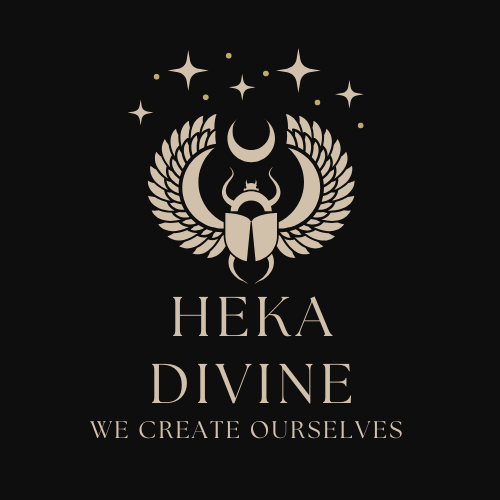
Litha/Midsummer
Litha, also known as midsummer, is the summer solstice. It is the longest day of the year. Many people around the world hold unique festivities to celebrate the changing of the seasons and continuous turning if the wheel.
Traditionally, German, Celtic, and Slavic peoples celebrated Midsummer around the solstice with bonfires, which were meant to ensure a healthy harvest to come. Ancient Romans would hold a festival of Vestalia, in honor of their goddess of Hearth, Vesta. The Ancient Greek celebrated Kronia, a festival for Cronus, the god of agriculture. The summer solstice marked the Egyptian New Year and aligned with the yearly rise of the Nile. In China, it was the celebration of the feminine force “Yin.”. The Native Americans performed ceremonial sun dances. In one way or another, this solstice has been celebrated for centuries, by many cultures that honor the solar gods and goddesses.
In modern paganism, celebrations vary from pagan to witch. Litha is known to be a day for inner power and brightness, a good way of channeling that can be to find a nice quiet spot to meditate, focusing on the light and dark forces around you, or in the world. Most people try to spend the day outdoors in some way, whether that be a barbeque, a pool day, or just in a small park or field. Spending the day in the sun is one of the easiest steps in celebrating Litha.
If you're wondering where to start, here are a few recommendations:

Sprinkle the ashes of a Midsummer fire across summer crops to attract good fortune. Wear or decorate your altar with summer flowers, herbs, and colors to ward off evil spirits. Spend time in the sun. Clean/Cleanse your space. Express gratitude for the seasons. Make Sun water. Journal or make space to reflect on the start of this year and where your path may lead.
A few deities also connected or celebrated on this solstice,
Amaterasu (Shinto) - The solar goddess, sister of the moon deity and the storm god (Susanoo) of Japan
Aten/Aton (Egypt) - Once an aspect of Ra, represented by the disc of the sun, with rays of light emitting from them
Apollo (Greek) - Son of Zeus, a god most connected with the sun, music, medicine, and healing
Hestia (Greek) - The goddess who looked over domesticity and family, the goddess of hearth
Horus (Egypt) - One of the solar deities of ancient Egypt. Later becoming connected with the sun god Ra.
Huitzilopochtli (Aztec) - A sun god and patron of the city of Tenochtitlan
Juno (Roman) - “Juno Luna” blessing women with the opportunity of menstruation
Ra (Egypt) - Egyptian God of the Sun
Sunna or Sol (Germanic) - The Norse goddess of the sun
